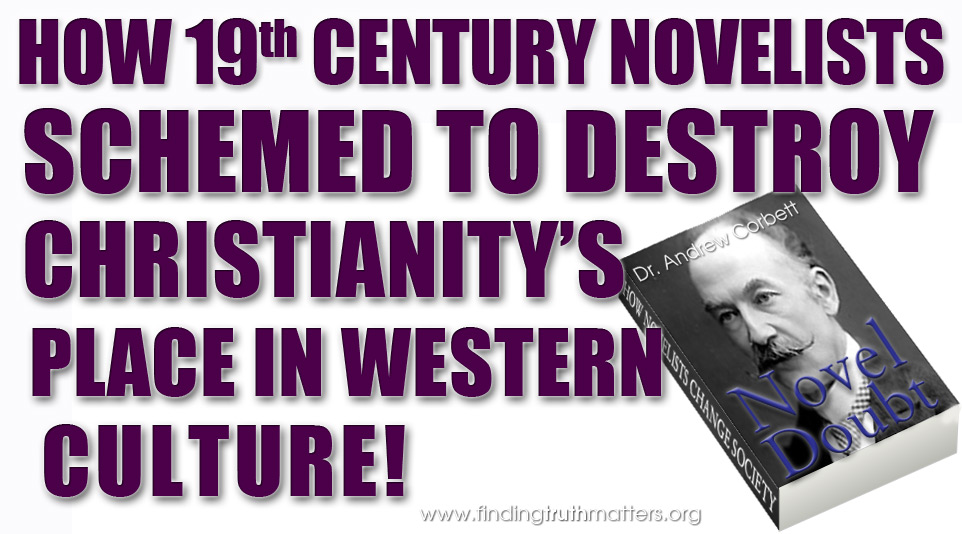
by Andrew Corbett | Oct 3, 2017 | Apologetics
Why do some people believe? Every Christian has a story of conversion. For some Christians their story is a journey from atheism to belief in the God of the Bible because of the evidence. For others, like Abdu Murray, their conversion story from Islam to Christianity was based on the credibility of the Bible. Then for those like Sy Rogers, former homosexual and formerly a Gay Rights activist, his conversion to Christianity was based on the love and acceptance he experienced in a Christian community. Many people become Christians for reasons like these, but, by far, the most common reason, at least statisticaly, is some kind of Pentecostal encounter.

by Andrew Corbett | Sep 29, 2017 | Culture, Marriage
Just over a hundred years ago, a group of Trinity College, Cambridge students formed a covert society called the “Midnight Society”. Many of the Society members became professors at Cambridge, while others became famous novelists, playwrights and authors. At a time when Christians generally considered fiction grossly inferior to non-fiction (and theologically devotional writings), the members of the Midnight Society were strategically using it. They understood that the values and the morals of a nation could be influenced by the fiction it consumed. And they had a radical agenda…

by Andrew Corbett | Sep 28, 2017 | Apologetics
People of all ages have lingering questions that have occupied and troubled the greatest minds of each generation. Most of the challenging philosophical conundrums are usually the exclusive domain of philosophers – but not these three questions. Both the philosophically adept and the philosophically untrained have a right to feel a vested interest in how these questions might be answered. Indeed, how we answer them has an immediate and potentially fatal bearing on how we view ourselves and those around us. And it is here we begin to question.

by Andrew Corbett | Sep 27, 2017 | Apologetics
People of all ages have lingering questions that have occupied and troubled the greatest minds of each generation. Most of the challenging philosophical conundrums are usually the exclusive domain of philosophers – but not these three questions. Both the philosophically adept and the philosophically untrained have a right to feel a vested interest in how these questions might be answered. Indeed, how we answer them has an immediate and potentially fatal bearing on how we view ourselves and those around us. And it is here we begin to question.

by Andrew Corbett | Sep 26, 2017 | Public_Policy
Those who advocate for legalised euthanasia (from a combination of Greek words, “eu”= ‘good’ + “athanatos”= ‘death’) argue that people experiencing “intolerable pain” should be helped to “die with dignity”. In an interview I conducted recently with a leading senior medical practitioner, I asked him about the concept of “intolerable pain”.





